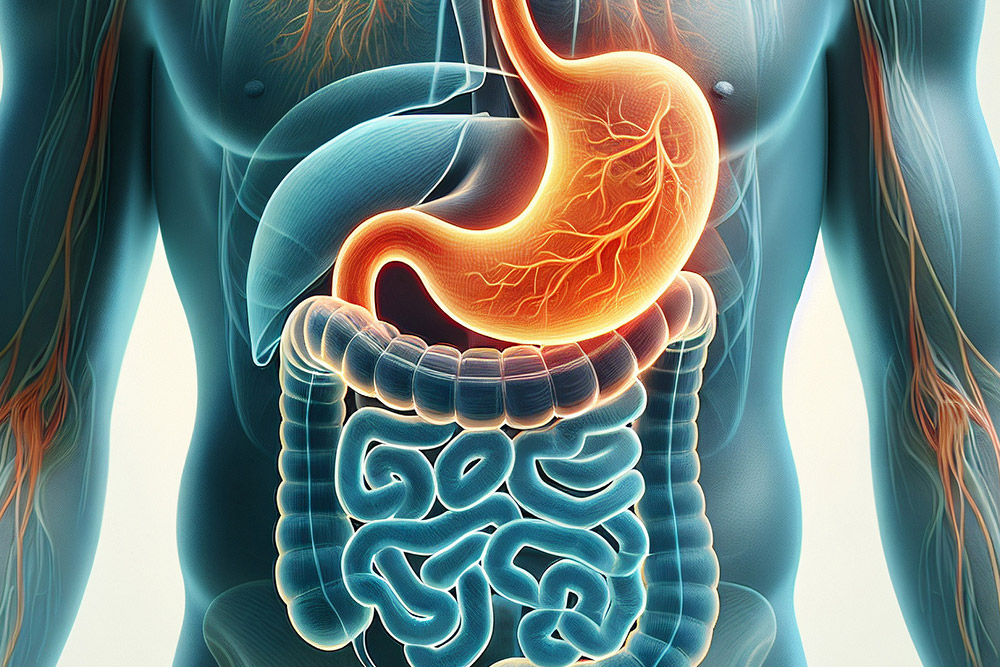What Is Infectious Colitis?
Infectious colitis is swelling and irritation of the colon caused by germs. These germs can be bacteria, viruses, or parasites. You may hear it called infectious diarrhea or bacterial colitis. It often starts suddenly, with cramps and loose stools. The medical code for this condition is ICD-10: A04.0..
Common Causes and Risk Factors
- Eating food or drinking water contaminated with germs
- Close contact with someone who is sick
- Recent travel to areas with poor sanitation
- Weakened immune system (e.g., HIV or diabetes)
- Use of antibiotics that disrupt healthy gut bacteria
Signs and Symptoms
- Watery or bloody diarrhea
- Stomach pain or cramps
- Fever or chills
- Urgent need to use the bathroom
- Nausea or vomiting
How Dr. Rishi Chadha Diagnoses Infectious Colitis?
Dr. Chadha's Step-by-Step Approach:
1. Symptom Review & Medical History
Dr. Chadha discusses your recent onset of cramps, diarrhea, travel history, food exposures, and any underlying conditions.
2. Physical Examination
A focused abdominal exam checks for tenderness, distension, and signs of inflammation.
3. Stool Testing
Stool samples are sent for bacterial cultures, viral panels, and parasite assays to identify the culprit.
4. Blood Tests
Bloodwork evaluates hydration status, white blood cell count, and markers of systemic infection.
5. Colonoscopy (When Indicated)
In severe or prolonged cases, a colonoscopy allows direct visualization of the colon and targeted biopsies.
Frequently Asked Questions
What is infectious colitis
Infectious colitis is inflammation of the colon caused by bacteria, viruses, or parasites. It often results from contaminated food or water.
What are the symptoms
Common signs include diarrhea, abdominal pain, cramping, fever, and sometimes blood or mucus in the stool.
How is it diagnosed
Diagnosis may include a stool test, blood work, and sometimes a colonoscopy to check for inflammation or rule out other causes.
What causes infectious colitis
It is usually caused by pathogens such as E. coli, Salmonella, Shigella, Campylobacter, or viruses like norovirus.
Is it contagious
Yes. It can spread through direct contact with infected stool, contaminated surfaces, or food and water.
How is it treated
Treatment depends on the cause. Mild cases may resolve on their own. Bacterial infections may need antibiotics, while viral colitis usually resolves with fluids and rest.
When should I see a doctor
If symptoms include high fever, bloody diarrhea, severe pain, or dehydration, consult a doctor right away.
Can it become chronic
In some cases, infectious colitis can trigger long term inflammation or post infectious irritable bowel syndrome.
Is hospitalization required
Most cases are treated at home, but hospitalization may be needed for severe dehydration or complications.
What is the ICD 10 code for infectious colitis
The ICD 10 code is A09, which covers infectious gastroenteritis and colitis of unspecified origin.











